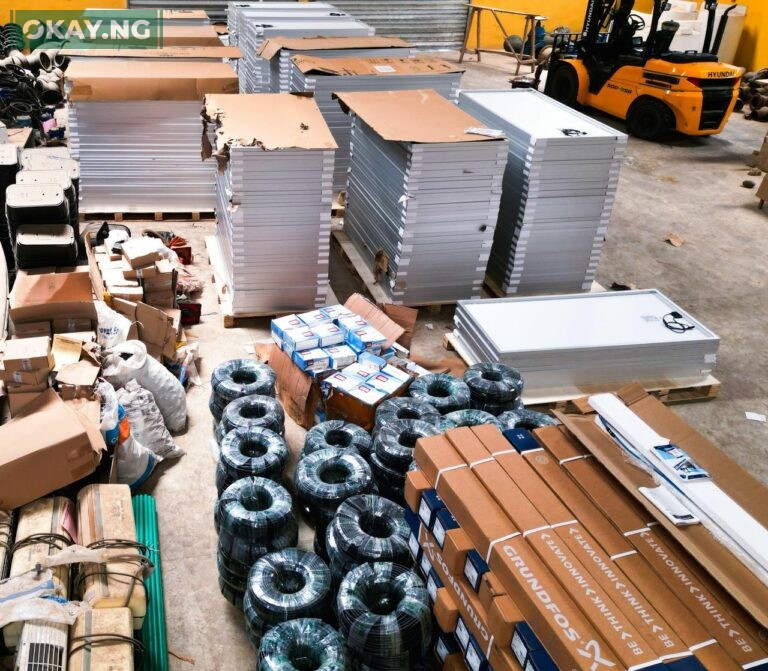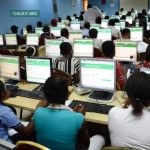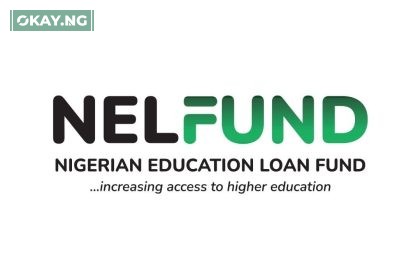Ekiti State Government has recently received 110 solar-powered pumps and related accessories aimed at constructing an equal number of water, sanitation, and hygiene (WASH) facilities across the state, okay.ng reports.
This initiative targets 55 schools and 55 health centres, enhancing access to potable water and sanitation services for residents.
The Commissioner for Infrastructure and Public Utilities, Prof. Mobolaji Aluko, disclosed that the project is part of the Sustainable Urban and Rural Water Supply, Sanitation and Hygiene (SURWASH) programme, which is supported by the World Bank. The programme focuses on improving WASH services, especially in underserved communities within beneficiary states.
Speaking in Ado Ekiti during the delivery ceremony, Prof. Aluko explained that purchasing the pumps in bulk was strategic to reduce costs and ensure uniform quality and maintenance standards. He stated, “The broader project is our SURWASH programme and part of what we have been doing in the past two years is actually to ensure access to water and sanitation in urban and rural areas.”
Over the past two years, the state has rehabilitated 121 WASH facilities and constructed 64 solar-powered boreholes. The current batch of 110 facilities will be evenly distributed across the 16 local government areas and local council development areas, with additional units allocated to some councils, including Ado LG.
Prof. Aluko also highlighted ongoing efforts to address electricity supply challenges for the state’s dams, emphasizing the need for dedicated power lines-whether gas, solar, or small hydropower-to support heavy pumping requirements. “Electricity for residential or commercial has far power less requirements than for dams because the dam requires heavy pumps,” he noted.
The state currently operates four dams-Ero, Egbe, Ureje, and Itapaji-and is collaborating with the Federal Government on a fifth multipurpose hydro dam at Ogbese. The commissioner assured that the government remains committed to providing essential amenities and urged communities to take ownership of public facilities to ensure sustainability and improved service delivery.











